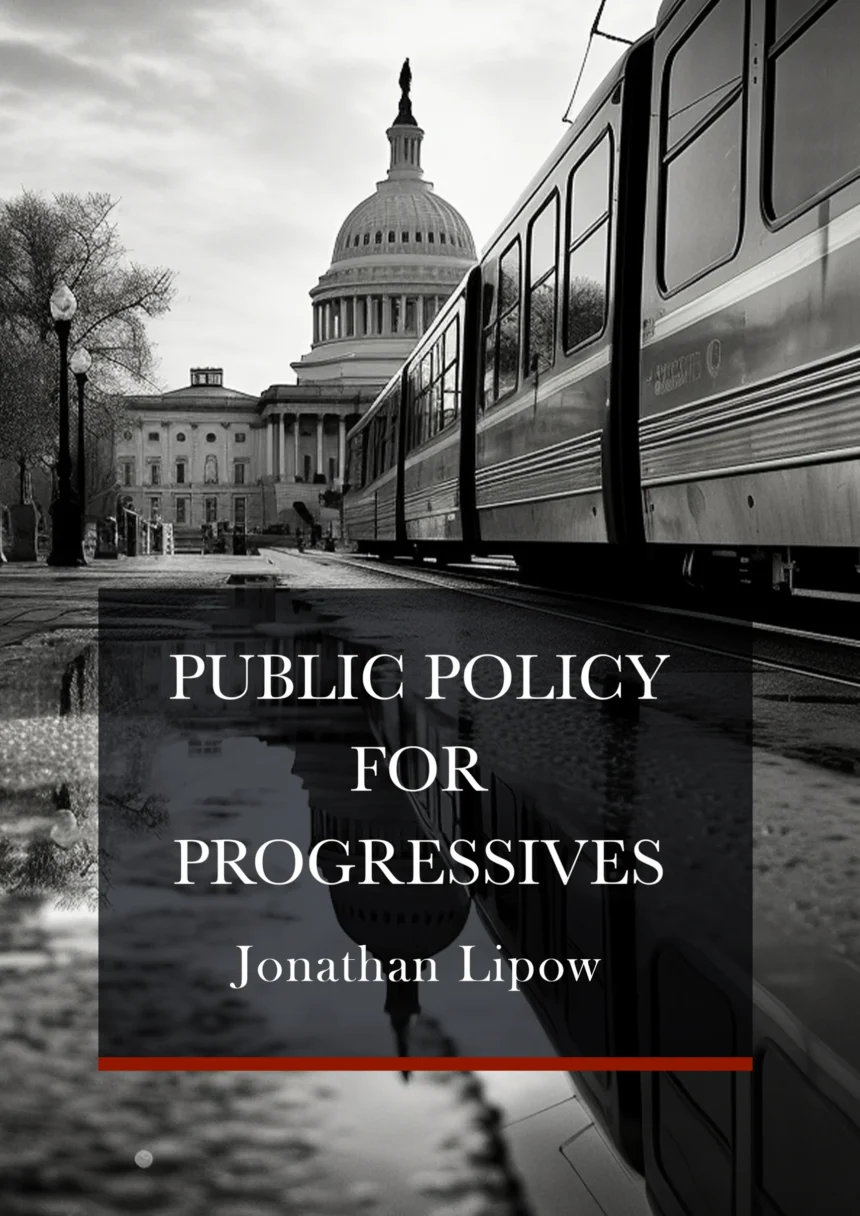This is the second in my series of posts on Jonathan Lipow’s 2023 books. Public Policy for Progressives.
In the subsection of chapter 1, “Unapologetically Economics,” Jonathan writes about his concerns about progressives’ rejection of economics:
Unfortunately, many progressives currently view economics with great suspicion. In fact, this instinctive hostility to economics is a prime example of the left’s tendency to take automatic positions without reference to basic moral principles or scientific evidence. For example, many progressives believe that Adam Smith, the founder of the field that later became known as economics, invented capitalism or justified its excesses. This is simply false. Smith’s seminal contribution was The Wealth of NationsSmith described the systemic features of the capitalist system that had emerged 100 years earlier to replace feudalism in Europe, and analyzed both its virtues and vices. And far from preaching that greed was “good,” Theory of Moral Sentiments – Books that laid the intellectual foundation The Wealth of Nations What was constructed was a strong association of “good” with social solidarity and concern for the plight of others.
He then quoted one of my favorite quotes. Theory of moral sentiments:
However selfish man may be supposed to be, there is evidently a principle in his nature which makes him interested in the fortunes of others, and makes their happiness essential to himself; but all he derives from the happiness of others is the pleasure of seeing it. Among these emotions are those of pity and sympathy which we feel when we see the misfortune of others, or when they are very vividly pictured in our minds. That we feel sorrow from the sorrows of others is too evident a fact to require any example to prove it; for this emotion, like all others inherent in human nature, is not confined to the virtuous or humane, although they may feel it with the keenest sensibility.
He also correctly understands the origin of the phrase “dismal science.”
Early economists advocated for freedom of religion and conscience, for women’s rights, and, above all, were staunch opponents of slavery — long before slavery became fashionable among the cool kids. In fact, economics was called the “dismal science” because early economists had a bad habit of ruining dinner parties by lecturing the other guests about the profound evils of forced slavery. The nickname was actually coined by Thomas Carlyle, who was trying to delegitimize economists who opposed his “visionary” proposal to reintroduce slavery to Britain.
I’m not sure about the “dinner party” part, but he correctly identifies the originator of the phrase and why Carlyle coined it.






